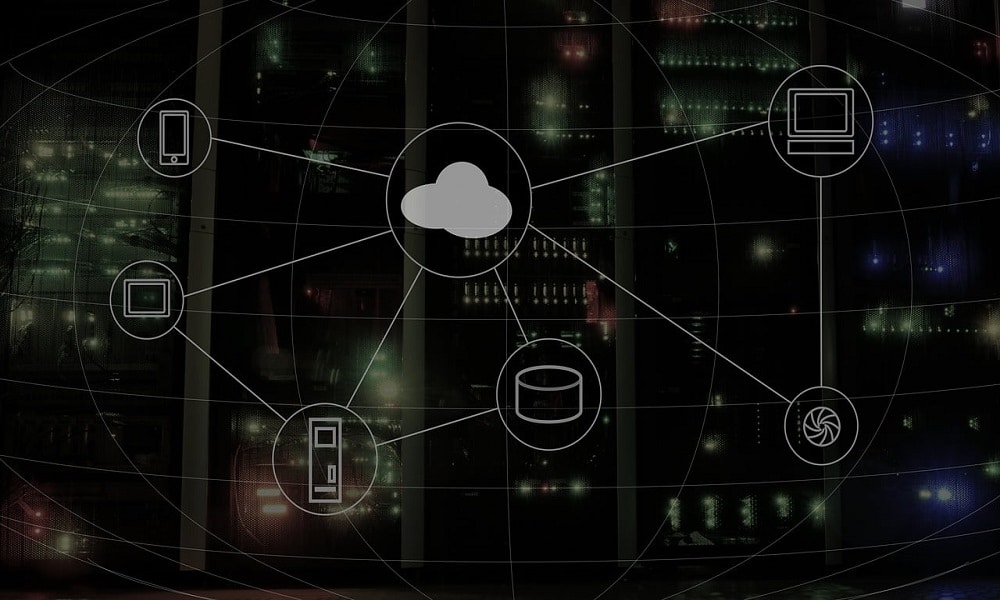Enterprises are constantly seeking ways to enhance efficiency, expand capabilities, and adapt easily. One approach that stands out is embracing cloud-based Software as a Service (SaaS) solutions. Let’s explore why SaaS is a game-changer for your business, highlighting its advantages in terms of scalability, adaptability, cost-effectiveness, security measures, innovation opportunities, and risk mitigation.
Scalability
A significant advantage of cloud-based SaaS is its scalability. Businesses often face varying workloads, and SaaS solutions can automatically adjust resources to meet these demands. This enables handling of workload spikes without interruptions while avoiding the expenses associated with resource provision.
Cost-effectiveness is closely linked to scalability. Rather than investing in physical infrastructure, businesses can opt for the pay-as-you-go models offered by SaaS providers. This allows payment for utilized services, thereby avoiding capital requirements common with developing custom software in a more traditional sense.
Adaptability
Another key benefit of SaaS lies in its flexibility. These solutions provide accessibility, enabling you and your team members to work from any location at any time. Remote work has become increasingly popular, benefiting teams by enhancing employee satisfaction and ensuring business continuity in various circumstances.
One of the advantages of SaaS solutions is their integration with existing systems, made possible by robust APIs and middleware. This allows businesses to maintain their IT infrastructure without the need for extensive modifications. Moreover, SaaS offerings can be tailored to suit specific business requirements, showcasing their versatility.
Cost-Effectiveness
Cost-effectiveness is a hallmark of cloud-based SaaS solutions. By eliminating the necessity for on-premises servers, significant savings can be achieved on IT infrastructure costs. Additionally, operational expenses are reduced as the SaaS provider takes care of software updates, security patches, and system management.
The subscription-based pricing models offered by SaaS solutions simplify budgeting processes. With options like annual subscriptions available, businesses have control over their expenditures. This cost predictability aids in financial management. Over time, transitioning to SaaS can lead to long-term savings, as demonstrated by companies that have experienced cost reductions post-adoption.
Security and Compliance
When it comes to security and compliance concerns, SaaS solutions stand out for their focus on safeguarding data and meeting regulatory requirements. They come equipped with top-notch security features, like data encryption and secure access protocols, ensuring that your sensitive information remains protected. SaaS providers also stay vigilant in updating their security measures to combat emerging threats, offering a level of protection that many businesses would find challenging to maintain independently.
Compliance with regulations is another area where SaaS excels. Providers are skilled at adhering to industry standards such as GDPR and HIPAA, making compliance easier for you. This guarantees that you can meet regulatory requirements without bearing a significant internal burden.
Security Considerations: Trust But Verify
While SaaS providers offer robust security features, some businesses might have lingering concerns. Here are two common issues and how to address them:
Vendor Lock-in: Businesses worry about getting locked into a single vendor’s ecosystem, making it difficult and expensive to switch later. Here’s how to navigate this:
- Open APIs: Choose a provider with open APIs (Application Programming Interfaces) that allow for easy data migration if needed. Open APIs enable seamless transfer of your data to a different platform should you decide to switch vendors.
- Multi-Platform Integration: Look for solutions that integrate with multiple platforms you already use. This fosters a more flexible environment where you’re not reliant on a single vendor for all your needs.
- Data Ownership: Ensure the contract clearly outlines data ownership. You, the business, should retain ownership of your data, even when it’s stored on the SaaS provider’s servers.
- Data Privacy: Data privacy is a major concern, especially with sensitive information. Here’s how to approach this:
- Compliance: Ensure the provider adheres to strict data security regulations relevant to your industry, such as GDPR (General Data Protection Regulation) or HIPAA (Health Insurance Portability and Accountability Act). Look for certifications that demonstrate their commitment to data security.
- Transparency: A transparent data privacy policy is essential. It should detail how your data is collected, used, stored, and secured. Don’t hesitate to ask questions if the policy is unclear.
- Encryption and Access Controls: Leverage encryption options offered by the SaaS provider to ensure your data is protected even in the event of a breach. Additionally, implement strong access controls within the platform to restrict access only to authorized personnel.
By taking these steps, businesses can mitigate vendor lock-in and data privacy concerns, fostering a trusting relationship with their SaaS provider.
Innovation and Ongoing Improvement
SaaS solutions lead the way in innovation. They provide regular updates and introduce new features, granting you immediate access to the latest technology. Keeping up to date with these advancements helps you maintain competitiveness in an evolving market.
By entrusting IT management to SaaS providers, you can concentrate more on your core business operations. This allows for greater resources to be allocated towards strategic initiatives rather than routine maintenance tasks. This transition has the potential to foster growth and innovation within your business.
Risk Mitigation
Effective risk management is essential for your business, and SaaS solutions offer robust disaster recovery and business continuity options. These encompass comprehensive backup solutions that minimize downtime during emergencies, ensuring that your business operations remain unaffected. Reliable Service Level Agreements (SLAs) and continuous technical assistance also contribute to boosting dependability, giving you peace of mind and ensuring smooth operations.
In Summary
To sum up, cloud-based SaaS solutions come with a range of benefits for businesses, including scalability, adaptability, cost-effectiveness, security measures, innovation opportunities, and risk mitigation. By integrating these solutions into your operations, you can improve efficiency, save significantly on costs, and stay competitive. Embracing SaaS solutions sets you up for success and growth in the coming years.


